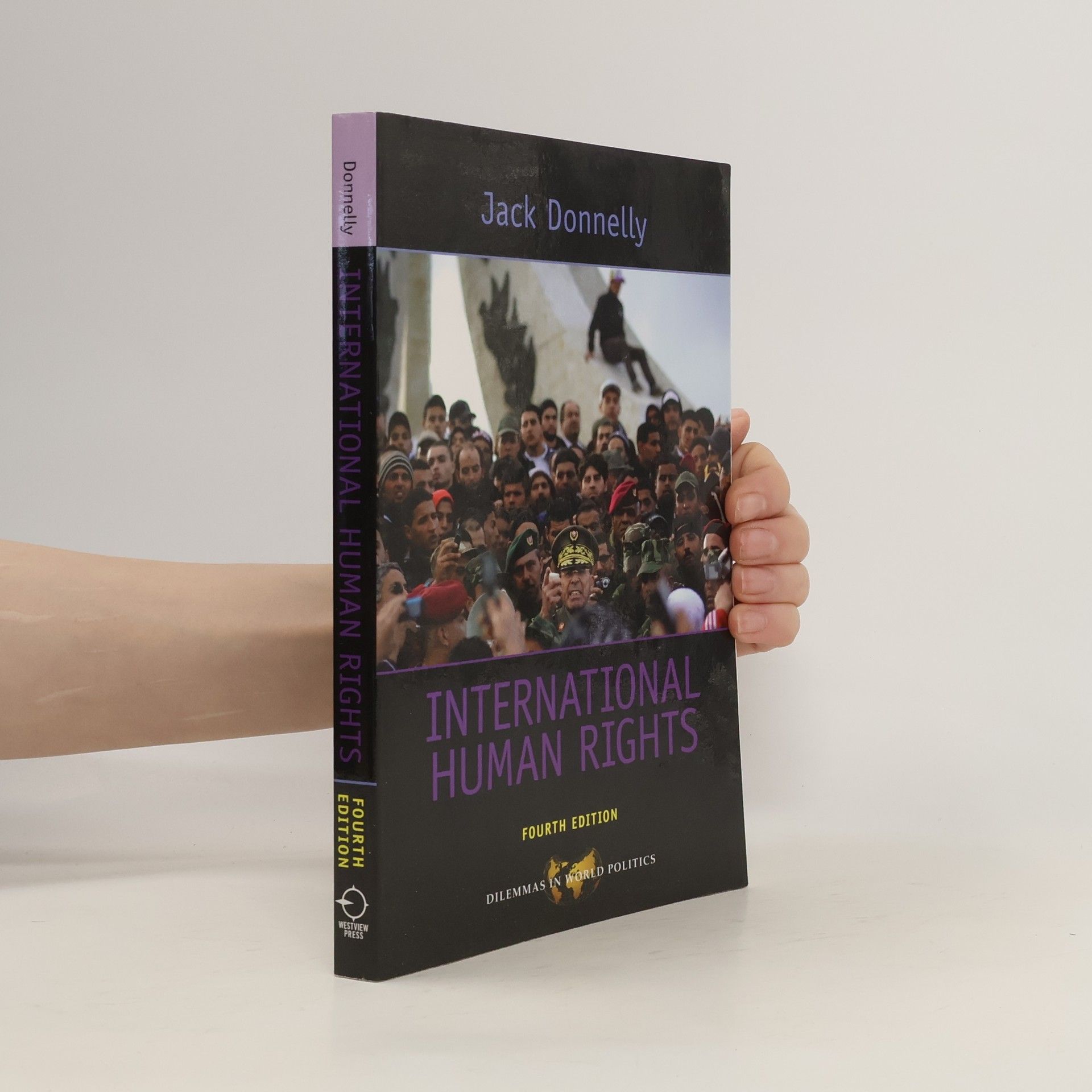The book contextualizes the revolutionary events of 1989 in East-Central Europe against the backdrop of the tumultuous 1990s. It explores the emergence of new political parties, constitutional changes, and economic challenges, highlighting the impact of shock therapies and recent electoral shifts. Additionally, it examines the complexities of dissolving sovereignties in the region, offering insights into the evolving political landscape and the opportunities that arose during this transformative period.
Dilemas en la política mundial Serie
Esta serie se adentra en los intrincados y a menudo conflictivos desafíos que enfrenta la comunidad internacional. Examina los dilemas éticos y políticos a los que se enfrentan los líderes y organizaciones mundiales. Cada volumen ofrece un análisis profundo de asuntos mundiales críticos, incitando a la reflexión y proporcionando valiosas perspectivas sobre la política exterior contemporánea.



Orden recomendado de lectura
Democracy and Democratization
Processes and Prospects in a Changing World
- 188 páginas
- 7 horas de lectura
What is democracy? What are the pitfalls and the positive potentials in the growing trend toward democratization? This book examines the prospects for democracy in the world today and frames the central dilemma confronting all states touched by the process of democratization
International Human Rights studies the ways in which states and other international actors have addressed human rights since the end of World War II. This unique textbook features substantial attention to the domestic politics of human rights, as well as an extensive emphasis on theory. The fourth edition is substantially rewritten and reorganized to enhance usability, with new material is added to bring the text up to date. The sections covering multilateral, bilateral, and transnational action have been broken into seven short chapters, and new case studies provide context and points of comparison. Additionally, nine "problems" have been added to the text, which along with the chapter-ending discussion questions, frame alternative interpretations, highlight controversies, and ultimately aim to provoke further thought and discussion.